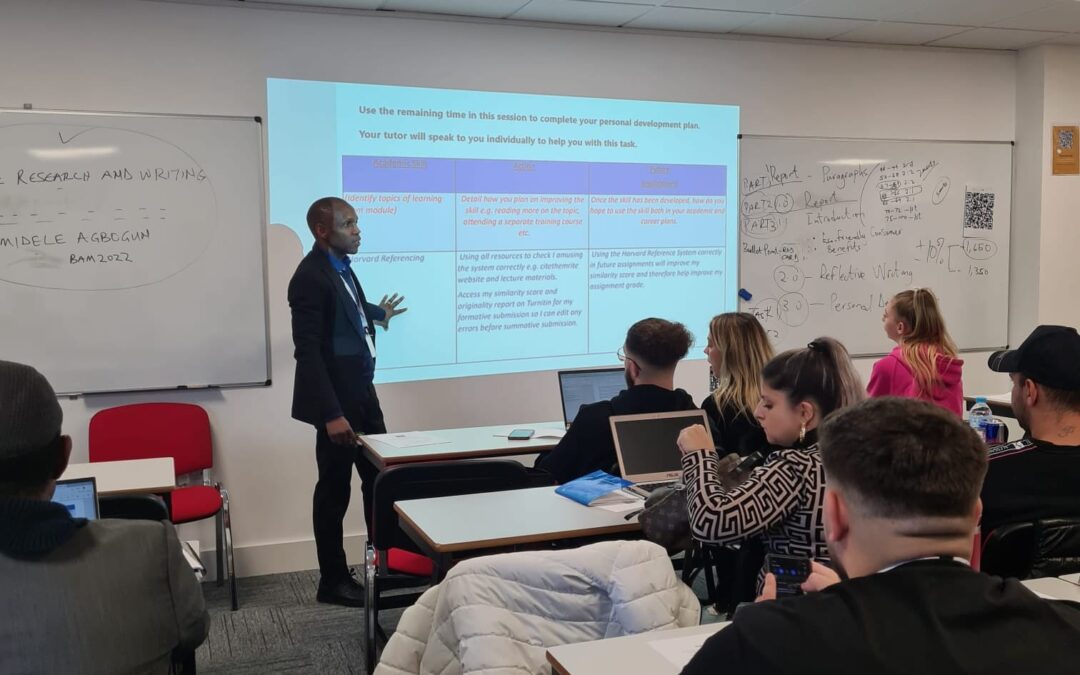Channels of Parental Influence.
Parents or guardians are arguably the most influential figures in a child’s life, especially during the formative teenage years. They serve as the primary architects of a child’s moral development, laying the foundation for understanding right and wrong, good and bad, and acceptable versus unacceptable behavior. Grusec and Davidov (2010) emphasize parents’ critical role in shaping their children’s values, beliefs, and attitudes. This influence is applied through various channels:
1. Verbal Communication: The words parents use, the stories they tell, and the conversations they engage in with their children all contribute to shaping their understanding of values. Openly discussing values like honesty, fairness, and respect, and explaining why these values are important, help children internalize these principles.
2. Role Modeling: Children are keen observers of their parents’ behavior. They watch how their parents interact with others, make decisions, handle conflicts, and react to various situations. This observational learning, as highlighted by Darling and Steinberg (1993), is a powerful mechanism through which children internalize values. When parents or guardians consistently demonstrate the values they preach, children are more likely to
adopt those values as their own.
3. Home Environment: The overall atmosphere within the home also plays a significant role in shaping a child’s values. A home environment characterized by warmth, love, and respect fosters a sense of security and encourages prosocial behavior. Conversely, a home environment marked by conflict, hostility, or neglect can hinder a child’s moral development and increase the risk of adopting negative values.
Schwartz (2012) defines values as desirable trans-situational goals, varying in importance, that serve as guiding principles in the life of a person or other social entity.
These values, including honesty, respect, responsibility, fairness, and compassion, serve as a moral compass, guiding individuals in their decision-making and interactions with others. The values children learn as teenagers are particularly crucial, as Eccles et al. (1993) point out, because they affect their
development, their choices, and ultimately, their trajectory in life. These values influence their academic performance, their relationships with peers and family, their career aspirations, and their contributions to society.
In the next episode,
We will be going through some reflection questions for you to think about in helping you take clearer action steps.
Enjoy these valuable resources all week long.
1) Navigating Cultural Differences in the 21st Century;
2) Follow The Weekly Podcast on YouTube: The Relational Leadership Podcast; The Latest Episode.
3) Ask questions you may have;

